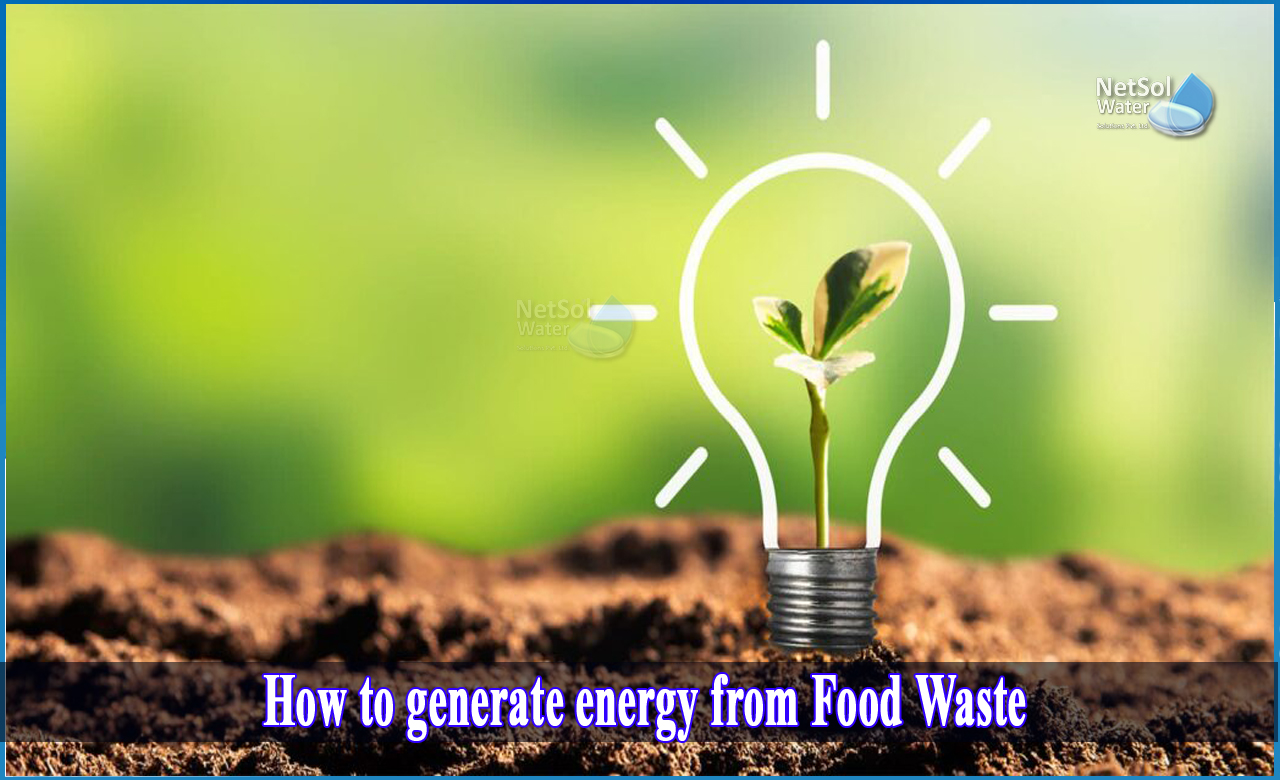How to generate energy from Food waste?
To create green energy, food waste must go through a process known as anaerobic digestion.
Biomass gasification is a technique for producing electricity from food waste.
Biomass gasification converts biomass — food and agricultural waste or other biological materials — into a mixture of gases that may be utilized as fuel by using heat, oxygen or a combination of these.
How does it work?
1: It works by putting semi-dry food waste into a food waste recycler that resembles a cooking pot, passing it through a heated, boiling material that transforms it to fuel gas. This technique, known as fluidization, is particularly effective at transforming food waste into high-value sources of energy-rich synthesis gas, which is a combination of hydrogen, methane, carbon monoxide, and carbon dioxide.
2: It may be utilized to create both heat and electricity. This procedure is sustainable since it is carbon-neutral.
3: Farms, towns and municipalities might use this sustainable technology to save heating and power costs. They might also minimize reliance on landfills and cut the operational costs for solid waste management services.
Replacement of fossil fuels
The usage of fossil fuels and their derivatives has caused an environmental problem, mostly owing to greenhouse gas emissions in the atmosphere, which have resulted in climate change. As Governments throughout the world enact climate regulations that limit or charge greenhouse gas emissions, it is critical to replace fossil fuels with alternative renewable energy sources like agricultural and food waste.
Although this gas may be utilized in the same way as ordinary natural gas, which is a methane-based fossil fuel, it differs from it due to its increased carbon monoxide and hydrogen content.These gases can then be transformed into valuable bio-based compounds like methanol and ammonia. “Biochar” is also produced by biomass gasification and can be used to increase soil fertility.
A circular and sustainable economy
Biomass gasification is a green and technical method that converts food waste into a valuable commodity. It is a step towards a circular economy culture of zero waste.
Conclusion
Policymakers and Governments must support long-term projects through financial assistance, subsidies and tax breaks. These initiatives may also incentivize people and businesses to invest in and commercialize biomass gasification technology.
Biomass gasification puts towns and communities one step closer to eliminating food waste worries. It also helps satisfy energy demands, displaces the usage of fossil fuels and aids in the transition to a sustainable and circular economy.
Contact one of our Netsol Water experts to learn more about waste management methods. To stay up to date on the newest waste management strategies, call us at +91-9650608473 or send an email to enquiry@netsolwater.com.
Netsol Water is Greater Noida-based leading water & wastewater treatment plant manufacturer. We are industry's most demanding company based on client review and work quality. We are known as best commercial RO plant manufacturers, industrial RO plant manufacturer, sewage treatment plant manufacturer, Water Softener Plant Manufacturers and effluent treatment plant manufacturers. Apart from this 24x7 customer support is our USP. Call on +91-9650608473, or write us at enquiry@netsolwater.com for any support, inquiry or product-purchase related query.



